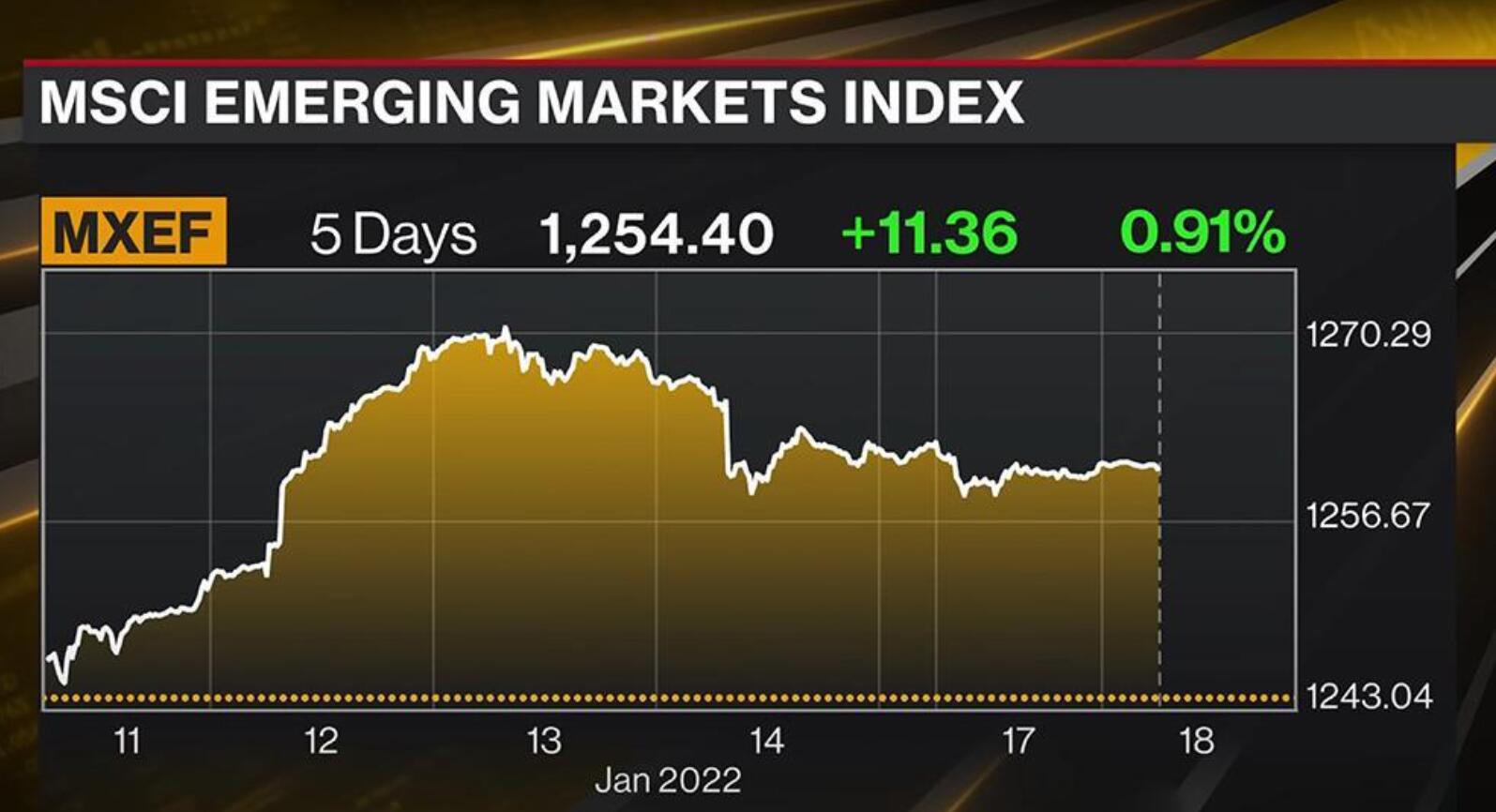Institution: The rising financial pressure on American consumers will affect the gold market and the US election
Wall Street's concerns about an economic recession are beginning to fade, and major banks are updating their economic forecasts for the second half of the year. However, the financial pressure on ordinary consumers is increasing.
On Tuesday, LegalShield, a legal services company that provides legal advice, legal counsel, legal protection and agency services to Americans, released its monthly Consumer Stress Legal Index (CSLI). The company stated that the index rose 5.8 points to 67.6 in July, the highest level since November 2020 and the highest monthly increase in over 20 years.
The day before the release of the index, Goldman Sachs lowered its forecast for the possibility of a US economic recession from 25% to 20%.

Matt Layton, Senior Vice President of Consumer Analytics at LegalShield, said, "The situation is not as optimistic as macro indicators make us believe. We are certainly not predicting a recession, but what we can say is that financial pressure has been accumulating over the past few years. The surge in July contrasts with key positive macro indicators, including a decrease in producer and consumer inflation and stock market trading near historical highs
LegalShield's CSLI is based on a dataset of over 35 million consumer legal aid requests since 2002, which is built on three sub indices tracking bankruptcy, foreclosure, and consumer finance related legal aid requests.
From the components of the overall index, the bankruptcy sub index rose 6.1 points to 35.6 points, the highest level since February 2020 and the largest monthly increase since July of that year. At the same time, the redemption sub index rose 6.0 points to 42.3, the largest month on month increase since November 2020 and the highest level since December last year.
Although the level of economic pressure on consumers is still far below the peak during the 2008 financial crisis, Layton stated that the growth rate is a major issue. He added that preliminary data shows that the growth in July is not an abnormal phenomenon. He said, "The data in early August showed that consumer pressure was consistent with the level we reported in July
Although Wall Street's recession concerns have subsided with expectations that the Federal Reserve will begin cutting interest rates in September, Layton said he does not expect this to have the same impact on ordinary consumers.
He pointed out that although inflationary pressures have fallen from their peak in 2022, prices are still rising, albeit at a slower pace.
Layton said, "Our data is starting to show that rising inflation will have a compound effect over the next few years." "I do believe that future interest rate cuts will have a positive impact on the financial pressures we report in the index. However, there are still many things that affect this system until the rate cuts penetrate into daily life and individuals paying bills
The rising financial pressure on consumers may not be a good sign for the gold market, as gold prices are currently hovering around record highs above $2500 per ounce. LegalShield's data shows that high levels of stress are negatively correlated with gold prices.
This viewpoint is in line with the analyst's view. Although gold is a major safe haven asset, it may still struggle during the early pains of a recession as investors sell liquid assets to raise funds.
The growing consumer pressure is also affecting the political landscape of the United States. Layton pointed out that LegalShield's data shows that when consumers' financial pressure is higher than the national average, Republicans are more favored in battleground states. When the pressure level is lower than the national average, the Democratic Party is more favored.
After falling 5.0 points below the national average in June, the CSLI index in battleground states including Arizona, Georgia, Michigan, Nevada, North Carolina, Pennsylvania, and Wisconsin rose 10.5 points to 67.3 points, 0.3 points below the national average.
Layton said, "Since we started collecting data more than 22 years ago, the pressure on battleground states increased the most in July. Our data does not rely on people's feelings about who is in power, who is running, or who may win in November
Tips:This page came from Internet, which is not standing for FXCUE opinions of this website.
Statement:Contact us if the content violates the law or your rights
